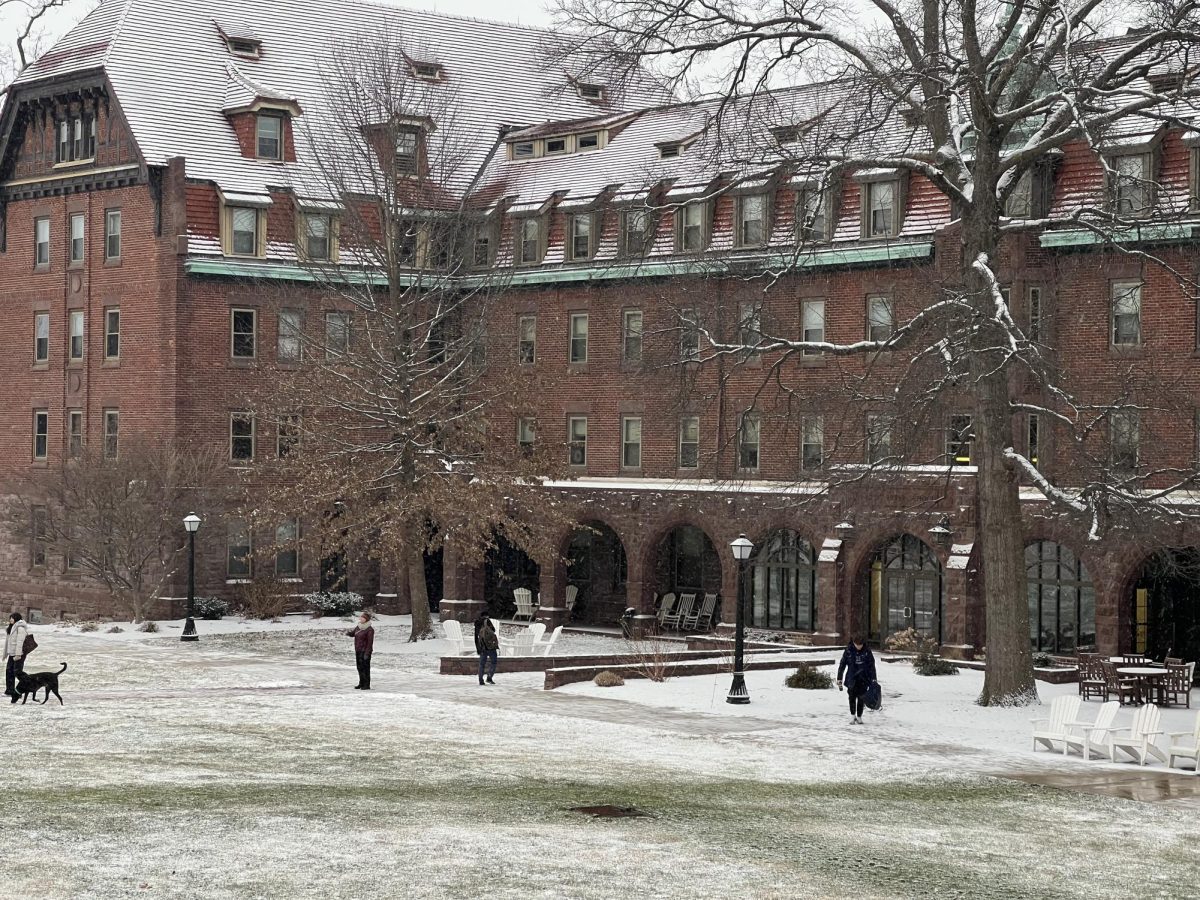Many students on campus believe that family nights do not achieve the goals set out by Residential Life. The main objective of fostering community within dorms seems to be falling short.
Thirty years ago, the Residential Life Committee created family night as a way for students to build connections and take a break from the stresses of academics. Held once a week, family night includes an activity and food. Over the years, family night has gone through a variety of changes in frequency and content, but its goals have remained the same.
Laura McConney, director of the Residential Life Office, shared her perspective on the goals of family night. “One overarching goal is intentional community time, intentionally spending time together,” McConney explained.
According to McConney, the aim of family night is to foster a close-knit community. However, students have mixed opinions on whether family night achieves this goal.
Ilya Semerikov ’25, a 6th-form boarding student and the head prefect of Foster Dormitory, believes that family night is successful in achieving its goals. “I definitely would say that it fosters community really well,” said Semerikov. “I think that’s the main goal with our family night, and in Foster especially.”
While Semerikov believes family night achieves its goals, Luca Hoffman ’28, a 3rd-form student in Scheerer dormitory, disagrees. Hoffman describes family night as “boring, time-consuming, tedious.” Hoffman believes family night fails to achieve the goal of bonding between dorm mates because he already feels connected with his dormmates. “Me and my dormmates are already pretty bonded,” Hoffman stated
Most day students have a more critical view of family night. For example, Everly Brown ’27, a 4th-form day student, admitted to rarely attending the family night. “I heard that it’s not the greatest,” said Brown. “A lot of the time, people kind of dread family nights.” This general feeling among day students may dissuade many of their peers from attending family nights.
Agreeing with Brown, Maddie Dougherty, ’27, a faculty kid, said she rarely attends now due to her workload and uncertainty about day-student involvement. “I feel like they don’t really make an effort to include day students. I wasn’t even sure if we were allowed to go,” Dougherty said.
Furthermore, many day students are conflicted with Tuesday scheduling. On most days, many day students stay on campus past 7:30 p.m. for extra help or group projects. However, the library and extra help are closed on Tuesdays, which discourages day students from remaining on campus for family night.
This issue originates from the decision to hold family on Tuesday. “It was initially slated to be on Tuesday because Wednesday was a half day, so you don’t have quite as much homework Tuesday night,” explains McConney.
While day student involvement is one challenge, another challenge is planning family night activities that appeal to the whole dorm. When asked about their preferences, Brown and Hoffman offered completely different answers. Brown preferred arts-and-crafts-themed activities, while Hoffman preferred an athletic family night like “broomball.” This dynamic shows the difficulty of organizing a family night that satisfies everyone.
Hoffman best sums up the student’s consensus: “Some people love it, but for me, it just feels like another thing to do.”























